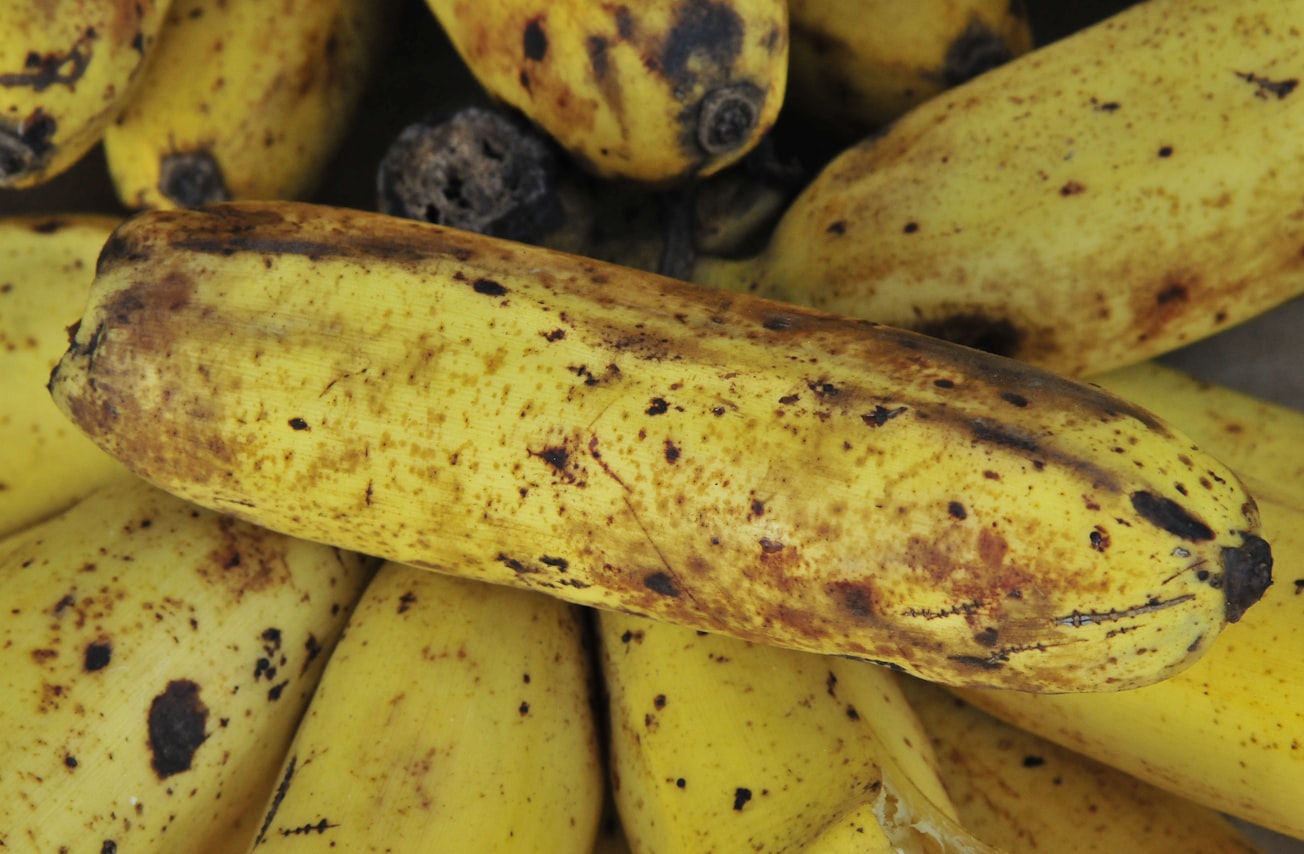What is it about?
No oral medication has proved to be clearly beneficial for Peyronie's disease (PD). We investigated the safety and efficacy of coenzyme Q(10) (CoQ(10)) supplementation in patients with early chronic PD. We conducted a randomized clinical trial of 186 patients with chronic early PD.
Featured Image

Photo by Boudewijn Huysmans on Unsplash
Why is it important?
Peyronie’s disease (PD) is an acquired idiopathic localized fibrosis of the penis involving the tunica albuginea of the corpus cavernosum resulting in penile curvature and sexual dysfunction. PD is a common penile disorder affecting 3–9% of men. Clinically, PD presents as any combination of penile pain, penile curvature and ED, and depresses the patient and partner both physically and psychologically. Many cases resolve with no treatment; but if left untreated PD can cause fibrotic, nonexpansible thickening of relatively distinct areas of the corpora tunica, known as plaque formation. Clinical manifestations of penile plaque are penile deformity, penile pain and varying degrees of ED.
Perspectives
Several medical treatment options have been used in PD, with no confirmed benefit in clinical trials. However, various beneficial effects with some oral medications such as tamoxifen and pentoxifylline have also been reported. Despite many advances in identifying potential pathophysiological mechanisms, PD remains a therapeutic challenge, as no causal therapy is available until now. Our results confirm that CoQ10 is safe and well tolerated. Most patients are satisfied and would like to continue the treatment.
Dr Mohammad Reza Safarinejad
University of Medical Sceices
Read the Original
This page is a summary of: Safety and efficacy of coenzyme Q10 supplementation in early chronic Peyronie's disease: a double-blind, placebo-controlled randomized study, International Journal of Impotence Research, August 2010, Springer Science + Business Media,
DOI: 10.1038/ijir.2010.20.
You can read the full text:
Resources
Contributors
The following have contributed to this page







